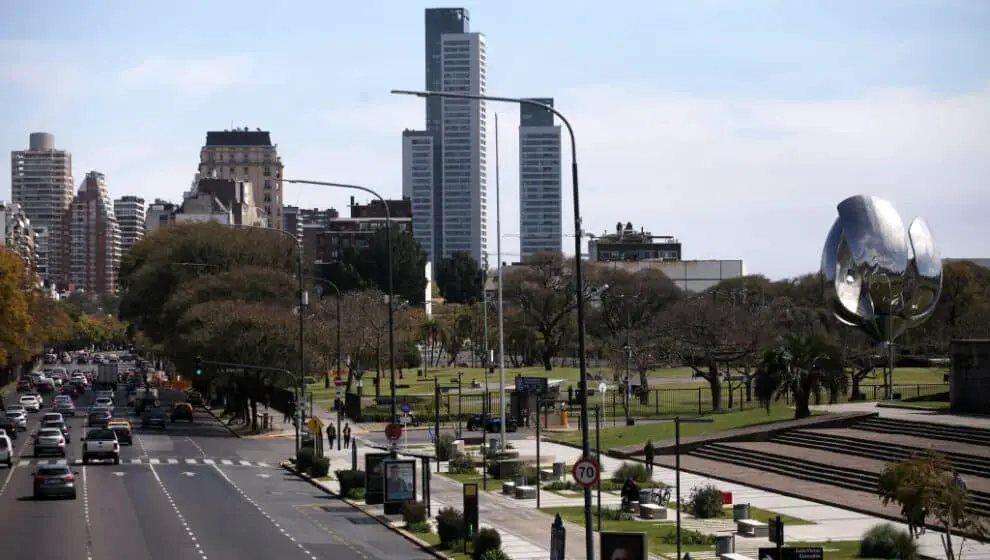The average rates at hotels are expected to rise next year, but the increase will vary greatly depending on the destination.
Key Details
- Like all travel expenses, prices for hotel rooms are traditionally affected by supply and demand, but as businesses grapple with ongoing labor shortages, hotels are struggling to keep up with demand.
- For international travel, American travelers should keep in mind that inflation is affecting the world, not just the U.S. Prices in other countries have been affected by fluctuating economies.
- The highest expected increases will be in Buenos Aires where prices are expected to increase 30%.
Why it’s news
Inflation is a global issue, not just an American one. As travel becomes more expensive, tourist destinations could suffer.
In June of this year, airline fares had increased 25%, pushing a vacation out of reach for Americans with shrinking budgets.
Not only is transportation and lodging growing more costly, but eating out, even when not on vacation, is becoming more of a luxury for the average American.
Rising inflation around the world will likely affect how much prices increase in any given travel destination.
Surprising statistics
Hotel rates are expected to rise at locations around the world, but some of the most dramatic increases will be in the U.S. Here are the most dramatic increases. . .
Buenos Aires—30%
Paris—10%
Stockholm—9%
Dublin—8.5%
New York City—8.2%
Sao Paulo—7.7%
Seattle—7.5%
Amsterdam—7.5%
Frankfurt—7.5%
San Francisco—7.3%

